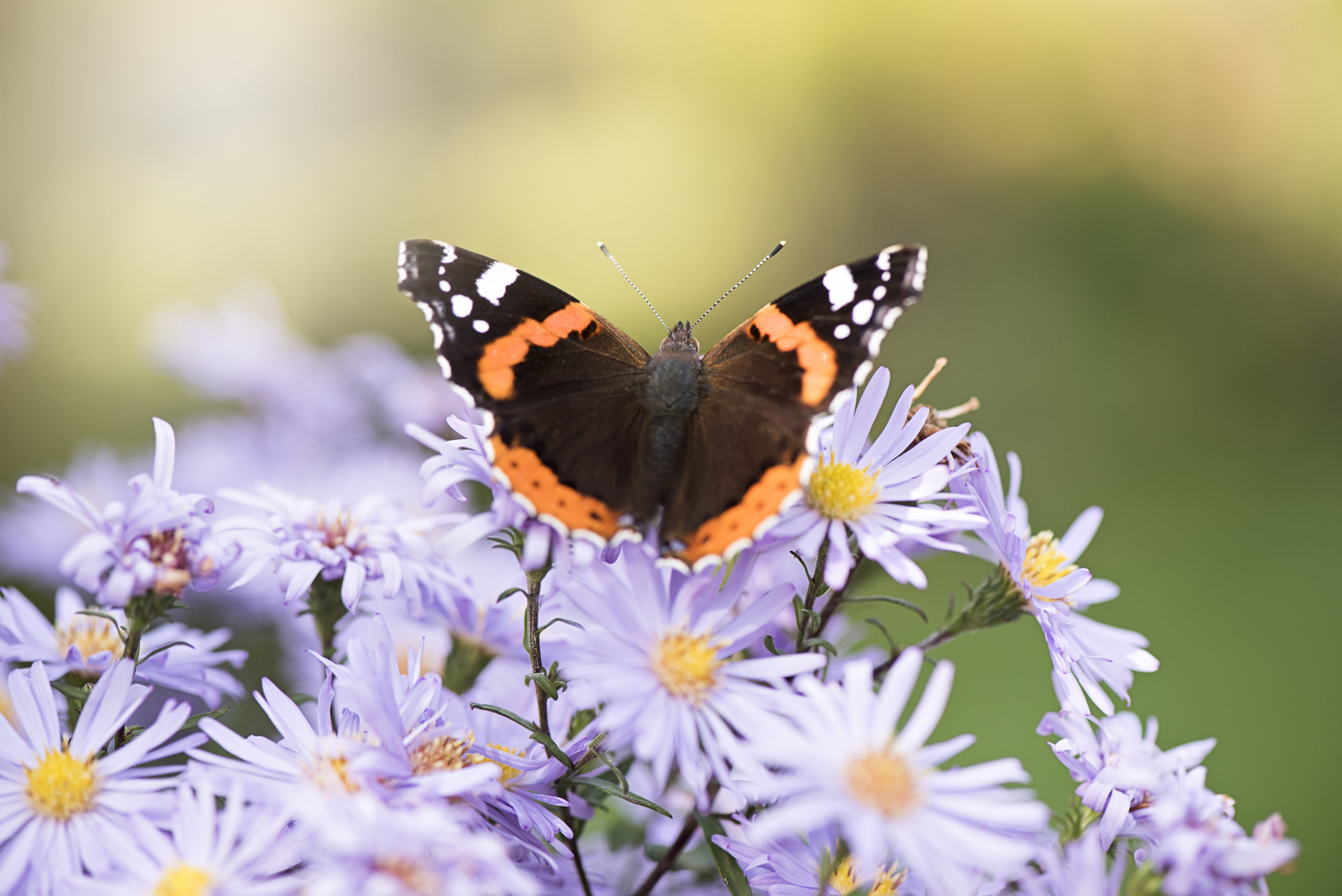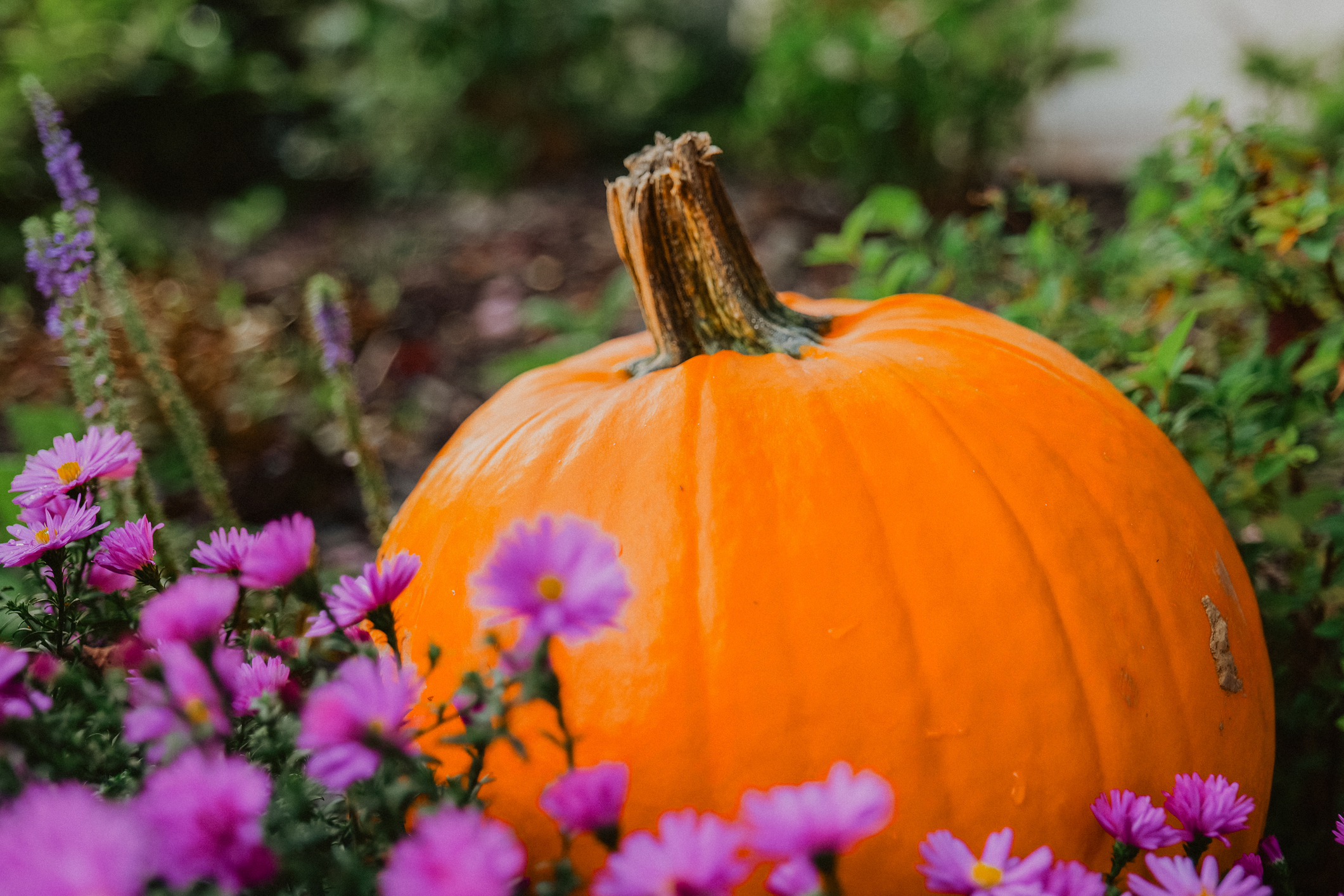The Fall Garden Tax? What to Plant and How to Prepare
Fall gardening could increase your taxes this season. Here’s what to know while planting in 2025.


Profit and prosper with the best of Kiplinger's advice on investing, taxes, retirement, personal finance and much more. Delivered daily. Enter your email in the box and click Sign Me Up.
You are now subscribed
Your newsletter sign-up was successful
Want to add more newsletters?

Delivered daily
Kiplinger Today
Profit and prosper with the best of Kiplinger's advice on investing, taxes, retirement, personal finance and much more delivered daily. Smart money moves start here.

Sent five days a week
Kiplinger A Step Ahead
Get practical help to make better financial decisions in your everyday life, from spending to savings on top deals.

Delivered daily
Kiplinger Closing Bell
Get today's biggest financial and investing headlines delivered to your inbox every day the U.S. stock market is open.

Sent twice a week
Kiplinger Adviser Intel
Financial pros across the country share best practices and fresh tactics to preserve and grow your wealth.

Delivered weekly
Kiplinger Tax Tips
Trim your federal and state tax bills with practical tax-planning and tax-cutting strategies.

Sent twice a week
Kiplinger Retirement Tips
Your twice-a-week guide to planning and enjoying a financially secure and richly rewarding retirement

Sent bimonthly.
Kiplinger Adviser Angle
Insights for advisers, wealth managers and other financial professionals.

Sent twice a week
Kiplinger Investing Weekly
Your twice-a-week roundup of promising stocks, funds, companies and industries you should consider, ones you should avoid, and why.

Sent weekly for six weeks
Kiplinger Invest for Retirement
Your step-by-step six-part series on how to invest for retirement, from devising a successful strategy to exactly which investments to choose.
Some may look forward to gardening in autumn. Crisper days, cozier mornings, and generally cooler temperatures are just a few benefits of fall gardening. But while spring and summer have a plethora of plants to choose from, what do you plant in a fall garden?
There’s actually a large selection. From seasonal classics like mums and carrots, to early spring blooms for those who like to look ahead.
But as you go about planting this season, watch out: A few garden improvements may be subject to a “fall garden tax” and increase your property tax bill.
From just $107.88 $24.99 for Kiplinger Personal Finance
Become a smarter, better informed investor. Subscribe from just $107.88 $24.99, plus get up to 4 Special Issues

Sign up for Kiplinger’s Free Newsletters
Profit and prosper with the best of expert advice on investing, taxes, retirement, personal finance and more - straight to your e-mail.
Profit and prosper with the best of expert advice - straight to your e-mail.
Here’s more of what you need to know while preparing your fall garden — and how it might affect your taxes.
Fall garden plants for 2025: What to plant in August and September
Before we get into taxes, let’s talk plants. Namely, what should you plant in August and September?
While the first day of autumn in 2025 is Monday, September 22nd, you’ll want to factor in The Old Farmer’s Almanac frost schedule when sowing.
Many quick-maturing plants require about six to eight weeks to grow before the first frost date is expected in your area.
This will likely mean you’re too late to start planting pumpkins in time for Halloween. But here are a few examples of what you may be able to plant in August or September, depending on where you live:
- Leafy greens, like lettuce, spinach, kale, and arugula.
- Root vegetables, like carrots, beets, and turnips.
- Flowers like mums, pansies, and violas.
- Other veggies like broccoli, cabbage, and peas.
You can also get a head start on early spring gardening. Perennial bulbs, such as daffodils and tulips, may be planted in September before the ground freezes.
However, various weather phenomena, including droughts, rainstorms, and early frosts, can affect your planting season, as can soil hardiness and microclimates. So you may want to chat with a gardener at your local garden store for tailored guidance.
Plant projects for the fall garden could increase property taxes
Unfortunately, what you do in the fall garden might have tax consequences.
That’s because your home’s property tax bill is assessed based on the original cost you paid for your house plus any improvements or additions (with a periodic reassessment completed by the applicable municipality).
While “improvements” are often renovations on your home’s structure, fall garden landscapes can also contribute to your overall property tax liability if they increase the assessed value of your home.
- For instance, the American Society of Landscape Architects (ASLA) reports that you can get a 15% to 20% increase on your home price through landscaping investments.*
- Investing in your landscape through fall garden projects may impact your property tax bill if your home’s value is affected.
- We refer to this phenomenon as the “fall garden tax.”

Popular fall flowers for autumn gardens include chrysanthemums, asters, goldenrod, and sedum. However, August is typically too late to start planting pumpkins.
*Your home’s tax basis and market value are distinct concepts. However, both may be impacted by home improvements and affect the overall assessed value of your home. For more information, check out Kiplinger’s report, Tax-Deductible Home Improvements for Retirement.
Fall garden ideas and the ‘fall garden tax’
Several fall garden ideas can increase your home’s assessed value, thus potentially contributing to a higher property tax bill. Here are a few examples:
- “Hardscaping” or adding permanent structures to your fall garden, like a patio, fence, or retaining wall.
- Elaborate garden layouts, or those that include the installation of an irrigation system.
- Mature trees, particularly if they “add value” in your area. A common example of a fall garden tree is one that produces apples or pears.
Property tax assessors may look for improvements that impact the market value of the home. While the above-listed projects could increase market value, that’s not always the case, and you may want to consult with a tax professional on the specifics of your fall garden project if you think your property tax liability might be impacted.
See also: How to Reduce Your Property Tax.
Fall gardening: What should I plant in 2025?
If you want to avoid increasing your property tax bill while you focus on your fall garden, here are some tax-friendly ideas:
- Stick with seasonal annuals. Common varieties may include marigolds, pansies, mums, and sunflowers.
- Plant perennials. Aster, goldenrod, coneflowers, and phlox are popular this time of year.
- Don’t forget your decorative plants. Pumpkins, gourds, and squashes can add a pop of color, especially if most of your garden growth is underground.
Where you live can greatly impact what is considered a taxable landscaping “improvement” for property tax purposes.
For example, planting mature orange trees in Florida might increase your property tax bill in the Sunshine State, but not in, say, Colorado. So check out your neighbor’s lawn to get a slightly better idea of what could hike your home’s assessed value — you never know until you look!
More Home Ideas
Profit and prosper with the best of Kiplinger's advice on investing, taxes, retirement, personal finance and much more. Delivered daily. Enter your email in the box and click Sign Me Up.

Kate is a CPA with experience in audit and technology. As a Tax Writer at Kiplinger, Kate believes that tax and finance news should meet people where they are today, across cultural, educational, and disciplinary backgrounds.
-
 Quiz: Do You Know How to Avoid the "Medigap Trap?"
Quiz: Do You Know How to Avoid the "Medigap Trap?"Quiz Test your basic knowledge of the "Medigap Trap" in our quick quiz.
-
 5 Top Tax-Efficient Mutual Funds for Smarter Investing
5 Top Tax-Efficient Mutual Funds for Smarter InvestingMutual funds are many things, but "tax-friendly" usually isn't one of them. These are the exceptions.
-
 AI Sparks Existential Crisis for Software Stocks
AI Sparks Existential Crisis for Software StocksThe Kiplinger Letter Fears that SaaS subscription software could be rendered obsolete by artificial intelligence make investors jittery.
-
 How to Open Your Kid's $1,000 Trump Account
How to Open Your Kid's $1,000 Trump AccountTax Breaks Filing income taxes in 2026? You won't want to miss Form 4547 to claim a $1,000 Trump Account for your child.
-
 In Arkansas and Illinois, Groceries Just Got Cheaper, But Not By Much
In Arkansas and Illinois, Groceries Just Got Cheaper, But Not By MuchFood Prices Arkansas and Illinois are the most recent states to repeal sales tax on groceries. Will it really help shoppers with their food bills?
-
 7 Bad Tax Habits to Kick Right Now
7 Bad Tax Habits to Kick Right NowTax Tips Ditch these seven common habits to sidestep IRS red flags for a smoother, faster 2026 income tax filing.
-
 10 Cheapest Places to Live in Colorado
10 Cheapest Places to Live in ColoradoProperty Tax Looking for a cozy cabin near the slopes? These Colorado counties combine reasonable house prices with the state's lowest property tax bills.
-
 New Gambling Tax Rule Impacts Super Bowl 2026 Bets
New Gambling Tax Rule Impacts Super Bowl 2026 BetsTaxable Income When Super Bowl LX hype fades, some fans may be surprised to learn that sports betting tax rules have shifted.
-
 Should You Do Your Own Taxes This Year or Hire a Pro?
Should You Do Your Own Taxes This Year or Hire a Pro?Taxes Doing your own taxes isn’t easy, and hiring a tax pro isn’t cheap. Here’s a guide to help you figure out whether to tackle the job on your own or hire a professional.
-
 Can I Deduct My Pet On My Taxes?
Can I Deduct My Pet On My Taxes?Tax Deductions Your cat isn't a dependent, but your guard dog might be a business expense. Here are the IRS rules for pet-related tax deductions in 2026.
-
 Don't Overpay the IRS: 6 Tax Mistakes That Could Be Raising Your Bill
Don't Overpay the IRS: 6 Tax Mistakes That Could Be Raising Your BillTax Tips Is your income tax bill bigger than expected? Here's how you should prepare for next year.